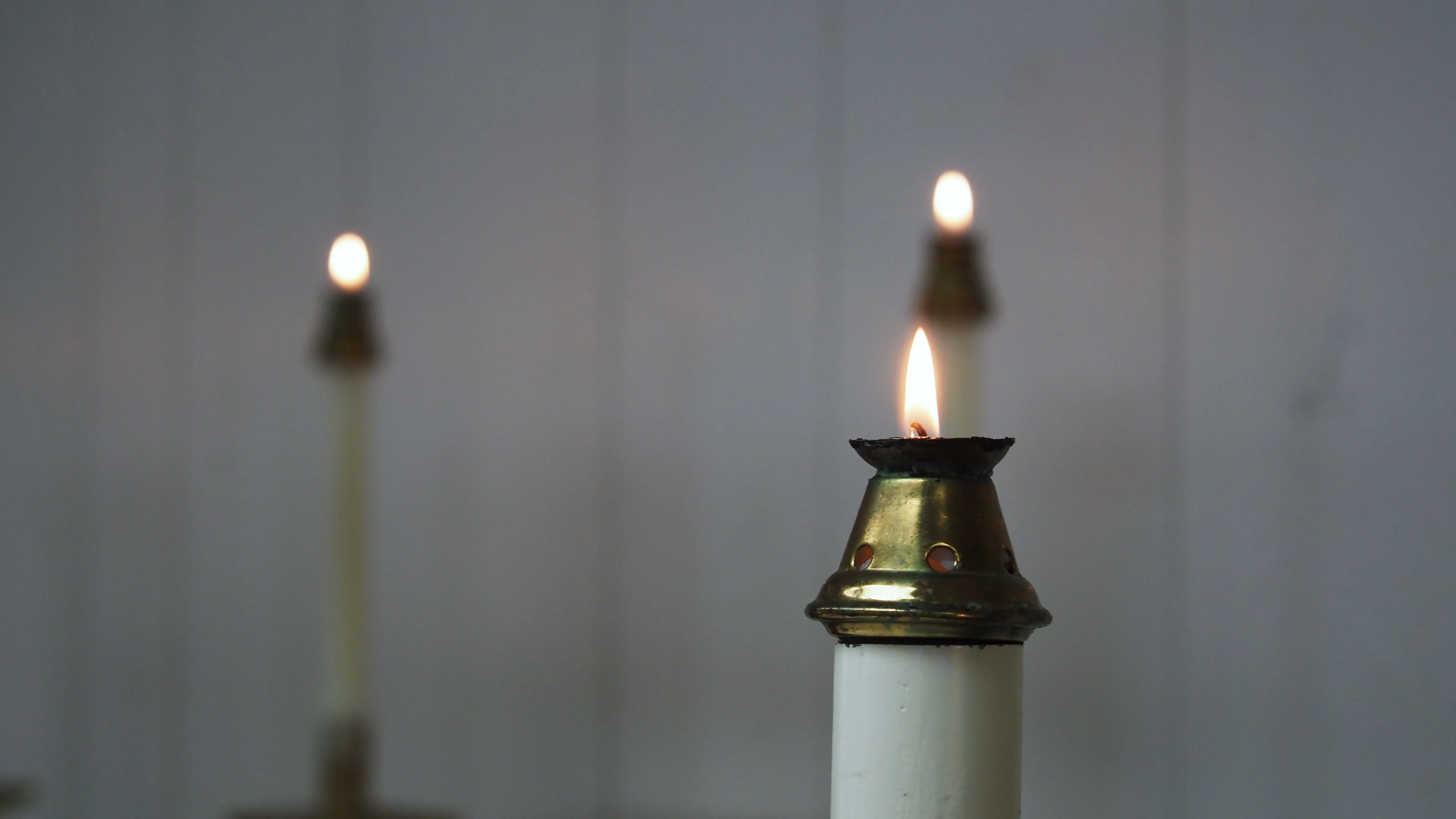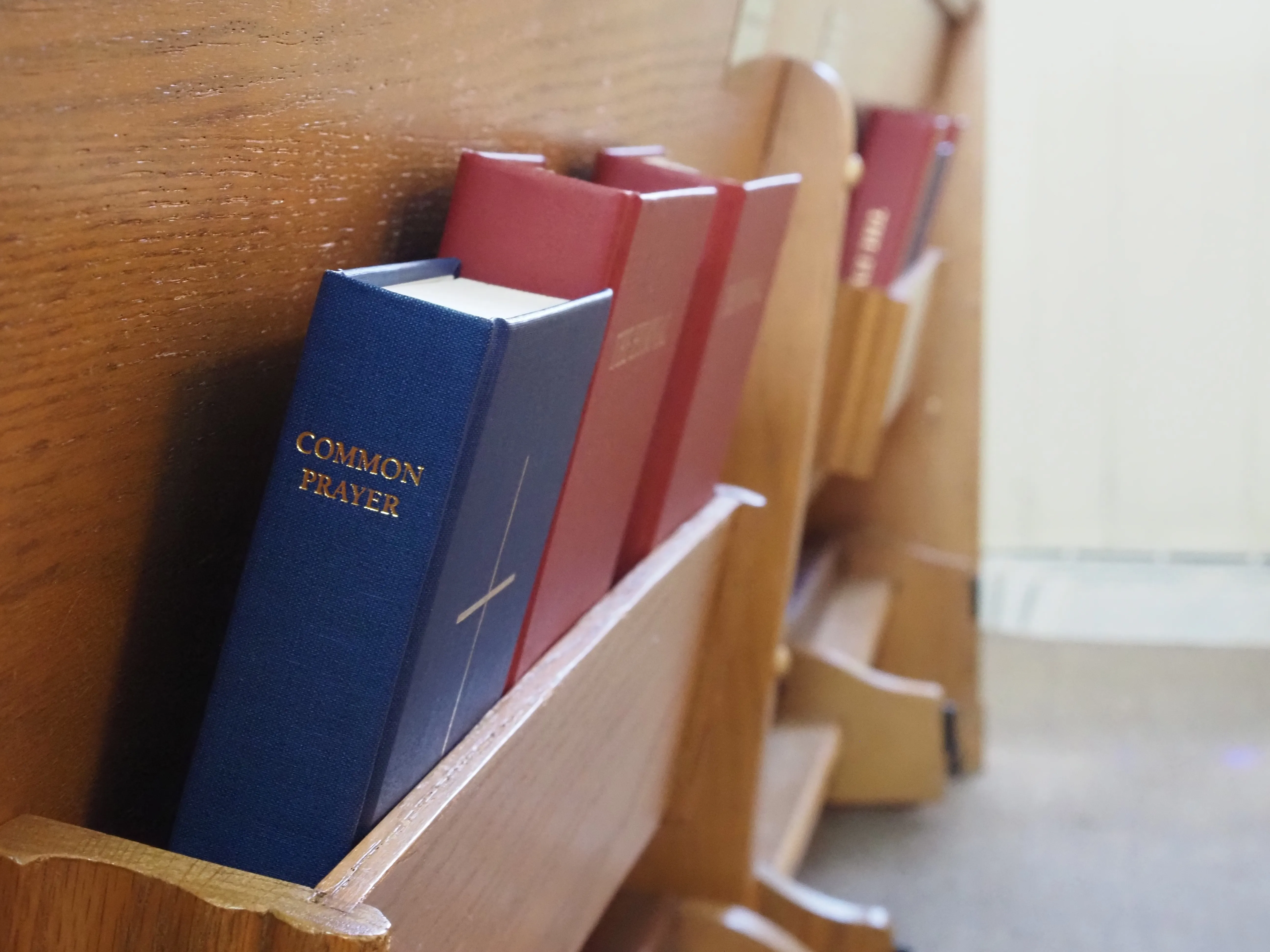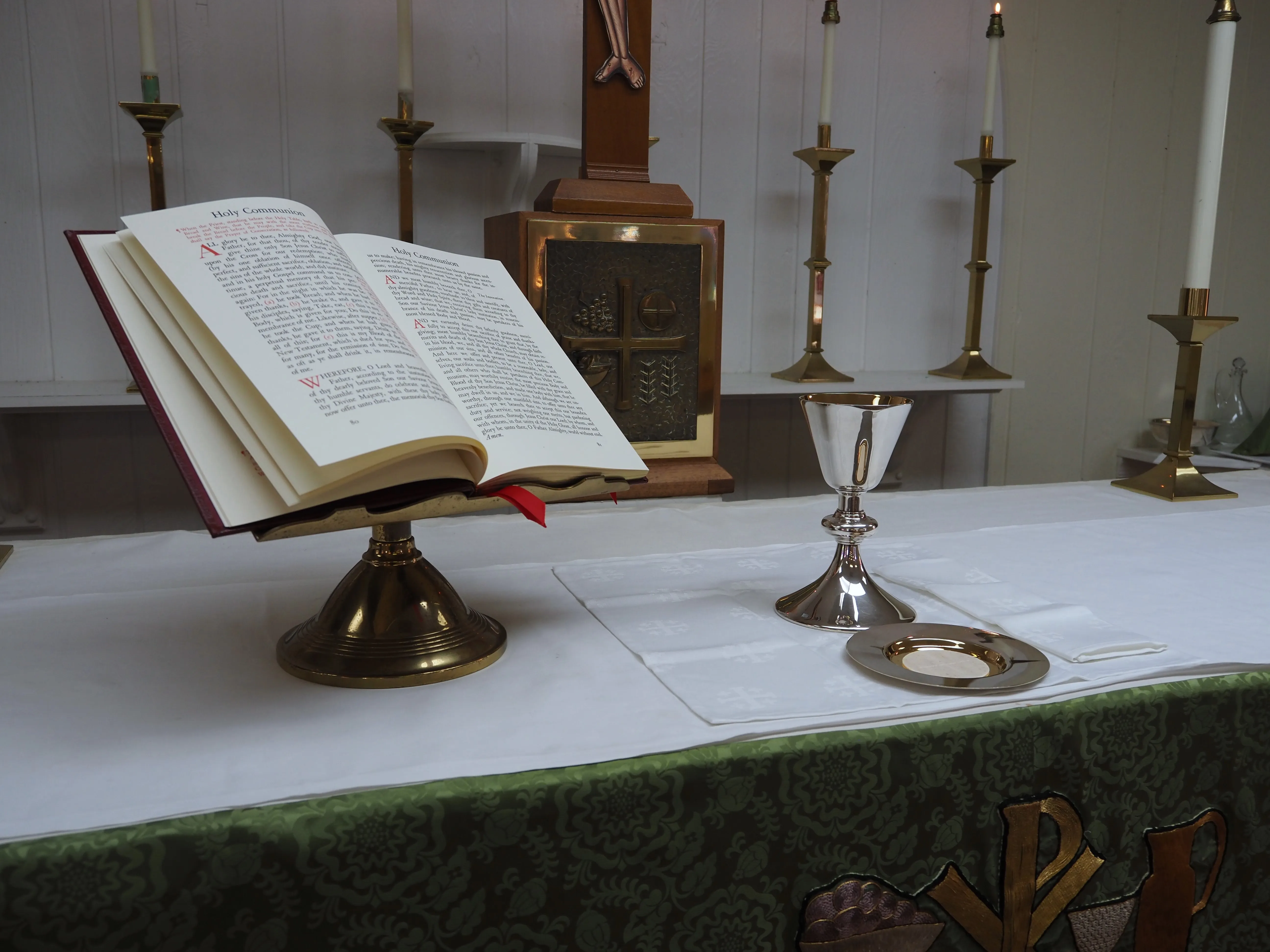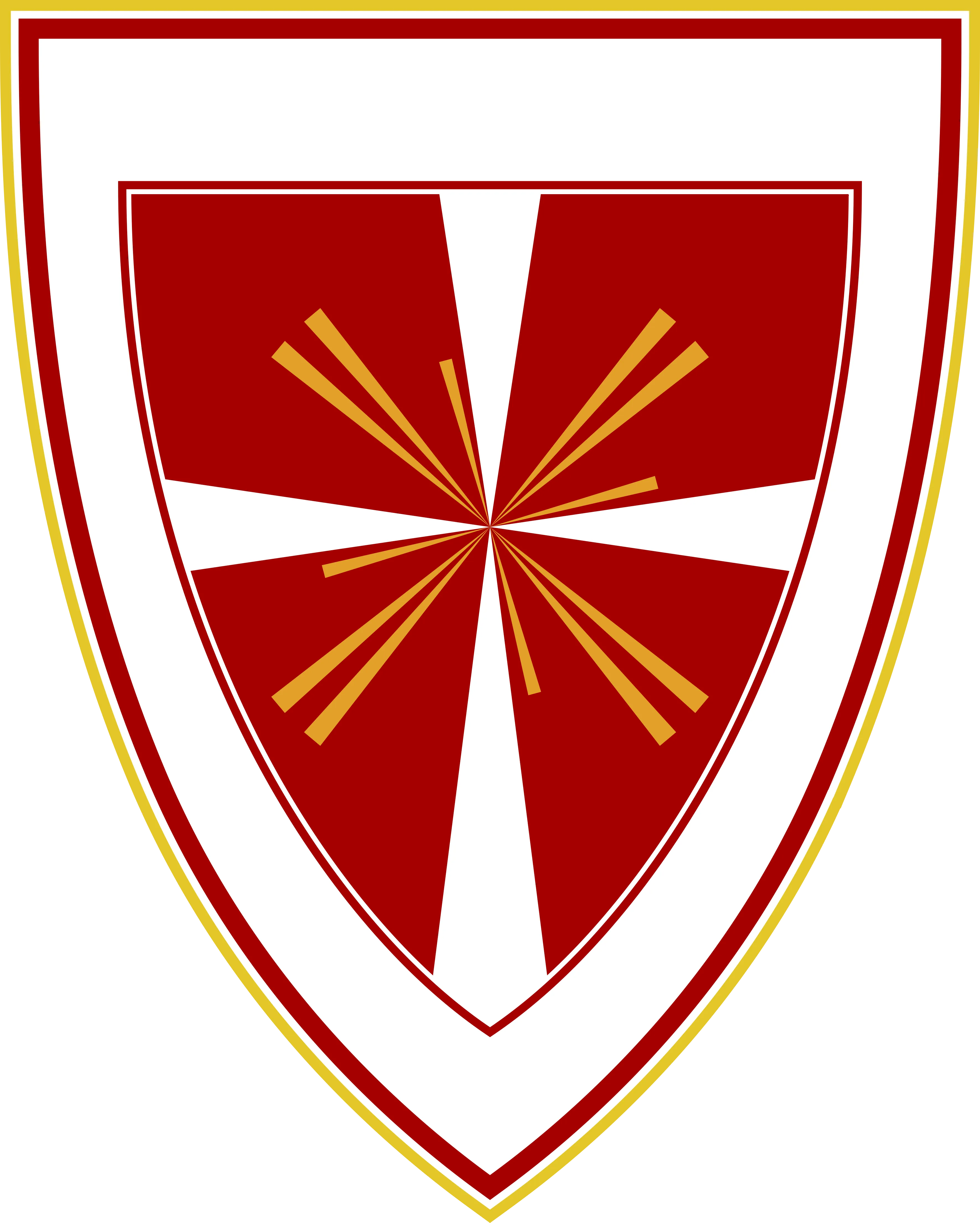What is Anglicanism?

The term “Anglican” comes from the Latin word for English. While our church is global, the moniker ‘Anglican’ refers to the apostolic faith as passed down to us through the English tradition chiefly encapsulated in the Book of Common Prayer.
Christianity came to England in the 1st or 2nd century and quickly took root among the people. In the 7th century, for the sake of unity, it was decided that Roman customs would be followed in the English Church. This practice continued until the 16th century when relationships between the Roman and the English Churches were severed.
American Anglicans later took the name “Episcopalian” during the Revolutionary War era to designate their form of church governance and identify themselves as an American church. Today, those in the United States who identify as Anglican rather than Episcopalian typically do so to indicate their adherence to traditional Christian beliefs and morals.
The Church of the Transfiguration is a parish of the Diocese of the Holy Cross in the Anglican Catholic Church. The Anglican Catholic Church (ACC) is a branch of the One, Holy, Catholic, and Apostlic Church instituted by Jesus Christ. As an Anglican body, the ACC continues the Anglican tradition and upholds and professes the catholic (universal) orthodox Christian faith as received in the Holy Scriptures of the Old and New Testaments, the ancient Creeds of the church, the Seven Ecumenical Councils, the consensus of the Church Fathers, and the tradition of the undivided church of the first millennium.
The ACC is a ‘continuing Anglican’ body meaning that we separated from the Episcopal Church and the Anglican Communion when those groups in large measure abandoned the historic faith and morals of the ancient and universal Christian church. We have maintained the ancient order of Bishops, Priests, and Deacons with genuine apostolic succession and continue to live and practice the fullness of the Christian faith in its English expression as developed in the American tradition. The Affirmation of St. Louis contains the principles of the continuing Anglican Church in more detail.
“We profess the holy Catholic and Apostolic Faith professed by the whole Church before the disunion of East and West; more particularly, as professed by the Church of England.”
— Bishop Thomas Ken (d. 1711)
Anglican Life

Lex Orandi, Lex Credendi — This ancient Latin phrase meaning “the rule of prayer is the rule of belief” describes well the intended life of Anglicanism. Simply put, how and what we pray both reveals and shapes our beliefs.
With this ancient principle in mind, our Anglican ethos is formed around the Book of Common Prayer, a timeless collection of prayers and liturgies that teach us to pray and unite us in our prayer to God. Prayer is the center of Anglican life and, as such, it serves as the foundation for all ministry, mission, service, and worship.
At the root of our focus on prayer is the “Daily Office,” more commonly known as the two-fold pattern of Morning Prayer and Evening Prayer. This daily rhythm of the services of Morning and Evening Prayer helps us to center the parish and our own lives firmly on Christ. The Daily Offices are beautiful services of scripture reading, canticles of praise, and prayer offered to God.
Public services of Morning and Evening Prayer are offered weekdays at 7:30 AM and 5:00 PM.*
*Please check our calendar for up-to-date times as times may be adjusted during various seasons.
Anglican Worship

The principal service of worship for our church is the celebration of the Holy Eucharist—also known as Holy Communion.
The words of the service, our Liturgy, come to us from the ancient Christian sources compiled through the English tradition of the Book of Common Prayer.
The use of liturgy—the familiar cadence of prayer, the reading of Scripture, along with the smells of incense, the sight of iconography, the sound of music, and the movements of our bodies as we make the sign of the cross and bend our knees in prayer—all serve to direct us to an ever deepening understanding of God.
The ancient way of Christianity is to pray, worship, and meditate on the Scriptures in such a way that we offer our whole lives (‘our souls and bodies,’ as our liturgy says) to God as a living sacrifice. To do this we engage all of our senses in worship, not for novelty’s sake, but because we believe that all of who we are must be shaped and transformed into the image of Jesus Christ and be united with him.
As a sacramental church, we believe that we are chiefly and mystically united with Christ and his sacrifice on the Cross through the Eucharist. In the Eucharist, we are enabled by the grace of God to partake of the body and blood of Christ so that, as we pray, ‘he may dwell in us and we in him.’
Our regular service of Holy Communion is celebrated each Sunday at 9:30 AM. Other services are celebrated as announced and as displayed on our parish calendar.
